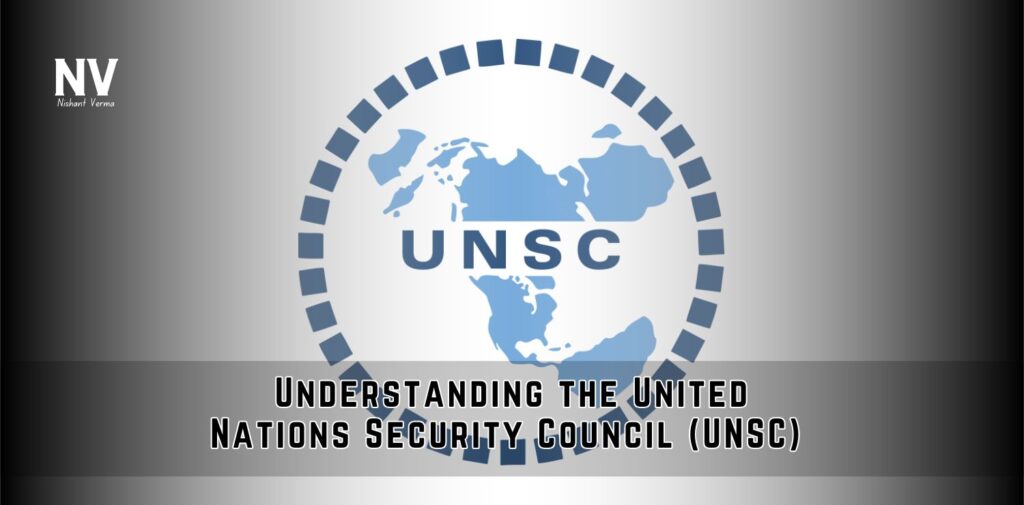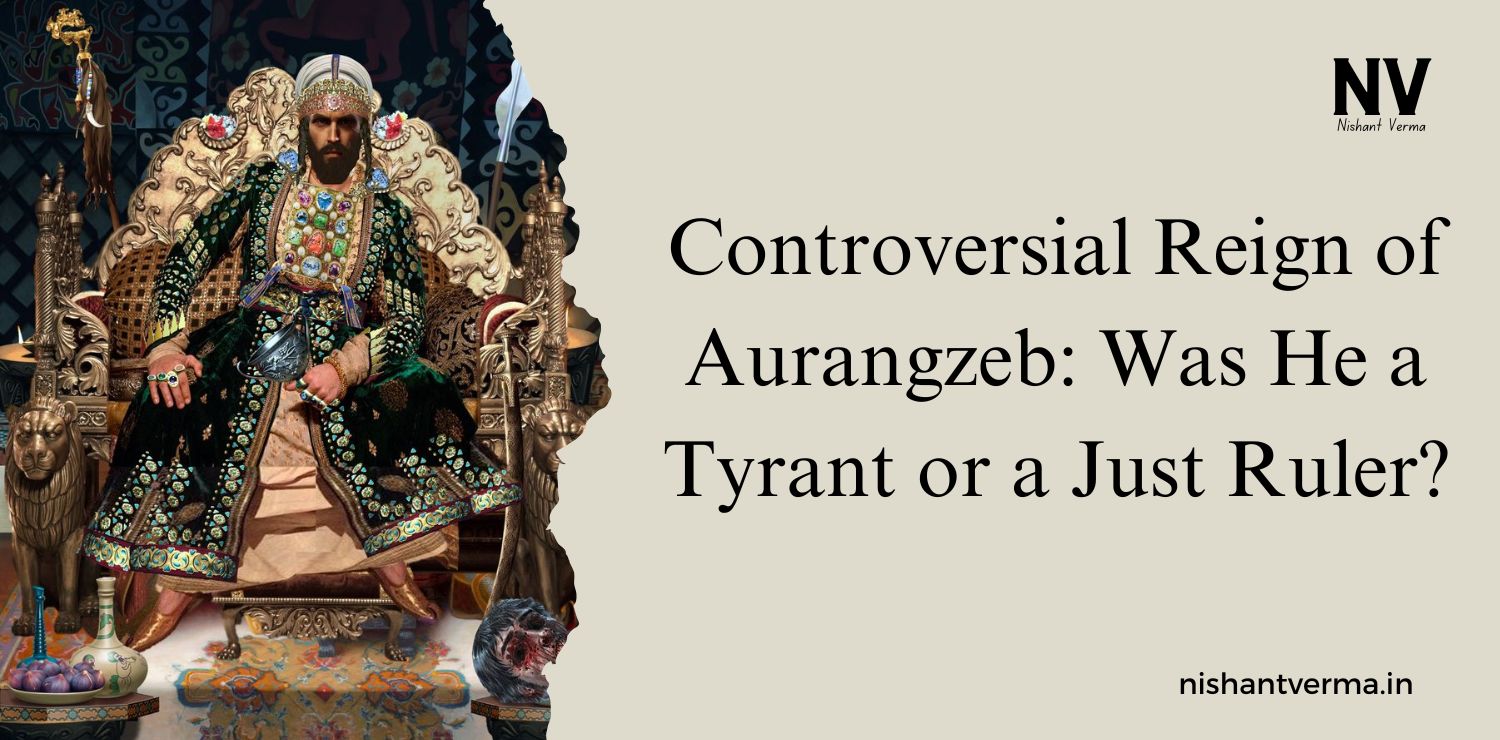The United Nations Security Council (UNSC) is one of the six main organs of the United Nations (UN). Established in 1945, it plays a crucial role in maintaining international peace and security. In this article, we will explore what the UNSC is, its functions, structure, and significance in today’s world.
What is the UNSC?
The UNSC is a body responsible for addressing threats to international peace and security. It is composed of 15 member states that work together to make decisions regarding conflicts, sanctions, and peacekeeping operations. The council has the authority to make binding decisions that member states are obligated to follow.
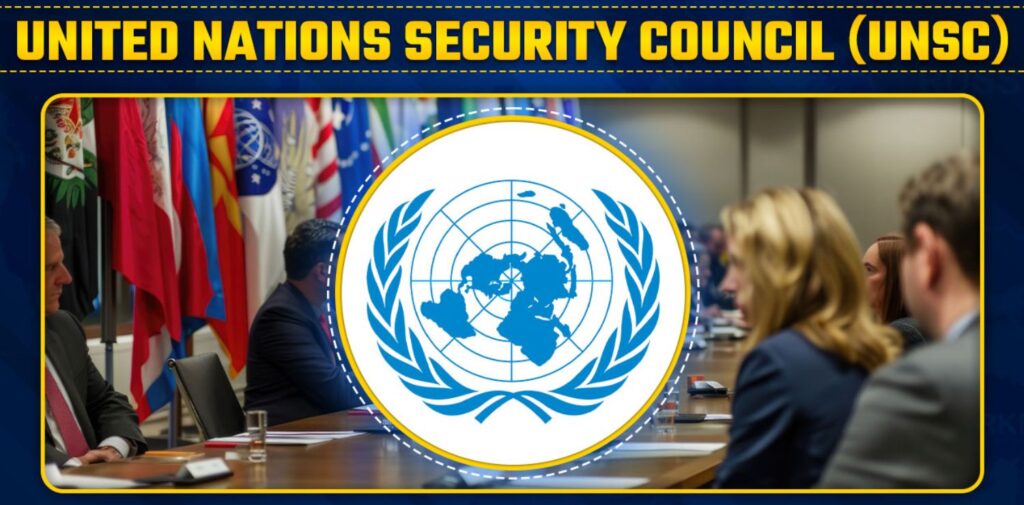
Structure of the UNSC
The UNSC consists of 15 members:
- Five Permanent Members (P5): These are China, France, Russia, the United Kingdom, and the United States. They hold a special status because they were victors of World War II and are recognized as nuclear powers. Each of these countries has the power to veto any substantive resolution, which means they can block decisions even if they have majority support.
- Ten Non-Permanent Members: These members are elected for two-year terms by the General Assembly. They are chosen based on regional representation, ensuring that various areas of the world have a voice in the council. Non-permanent members cannot serve consecutive terms.
Functions of UNSC
The UNSC has several critical functions:
- Maintaining International Peace and Security: The primary role of the UNSC is to prevent and respond to conflicts that threaten global peace. This includes investigating disputes and recommending peaceful solutions.
- Authorizing Peacekeeping Missions: The council can establish peacekeeping operations to help maintain ceasefires and stabilize regions after conflicts. These missions are often carried out by troops from various countries.
- Imposing Sanctions: The UNSC can impose sanctions on countries that threaten peace. These sanctions may include trade restrictions, travel bans, and financial penalties aimed at changing the behavior of a state.
- Supporting International Law: The UNSC encourages the development and adherence to international laws. It works to ensure that countries follow treaties and agreements related to peace and security.
- Addressing Threats to Peace: The council has the authority to take measures against acts of aggression or threats to peace. This can include military actions if necessary, although this is considered a last resort.
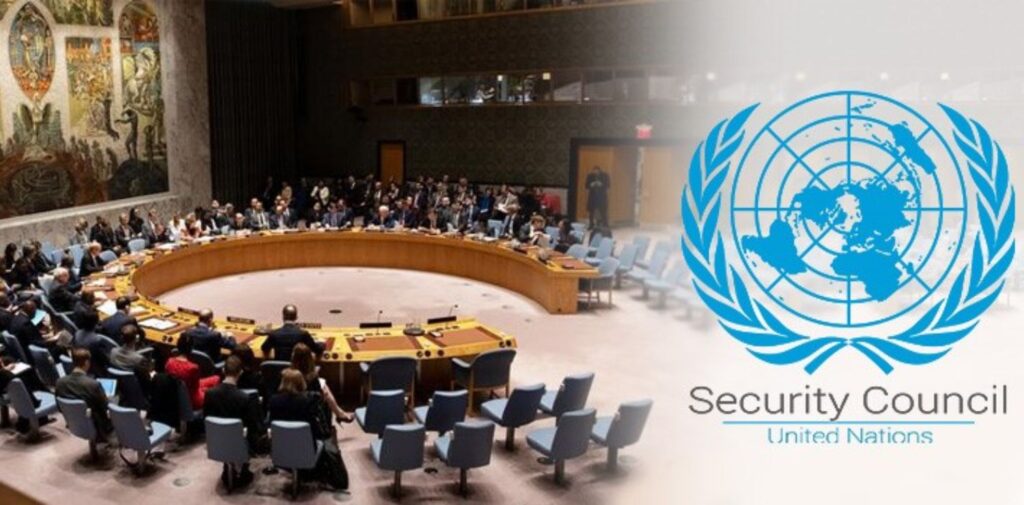
How Decisions are Made
Decisions in the UNSC are made through voting. For most decisions, at least nine of the 15 members must vote in favor. However, for a decision to pass, it must also avoid a veto from any of the five permanent members. This means that the P5 holds significant power over the council’s decisions.
The Role of the UNSC in Global Issues
The UNSC has been involved in many significant global issues and crises. Some examples include:
- The Korean War (1950-1953): The UNSC authorized a military intervention to repel North Korean forces after their invasion of South Korea.
- The Gulf War (1990-1991): Following Iraq’s invasion of Kuwait, the UNSC imposed economic sanctions and authorized a military coalition to expel Iraqi forces.
- The Rwandan Genocide (1994): The UNSC faced criticism for its failure to respond adequately to the genocide in Rwanda, leading to calls for reform and better crisis response.
- The Syrian Civil War: The UNSC has been deeply involved in discussions and resolutions regarding the ongoing conflict in Syria, though political divisions have often hindered effective action.
Challenges Facing the UNSC
Despite its vital role, the UNSC faces several challenges:
- Veto Power: The veto power held by the P5 often leads to gridlock. Situations where significant actions are blocked by a single country’s veto can frustrate other member states and limit the council’s effectiveness.
- Reform Calls: Many countries argue that the UNSC needs to be reformed to better reflect the current geopolitical landscape. Emerging powers like India, Brazil, and Germany seek permanent membership, arguing that the council’s composition is outdated.
- Accountability and Transparency: Critics often point out that the UNSC operates behind closed doors, with little transparency about its decision-making processes. This can lead to perceptions of bias and lack of accountability.
- Effectiveness of Peacekeeping: While peacekeeping missions can be successful, they also face challenges such as lack of resources, insufficient mandates, and difficulties in ensuring cooperation from host nations.
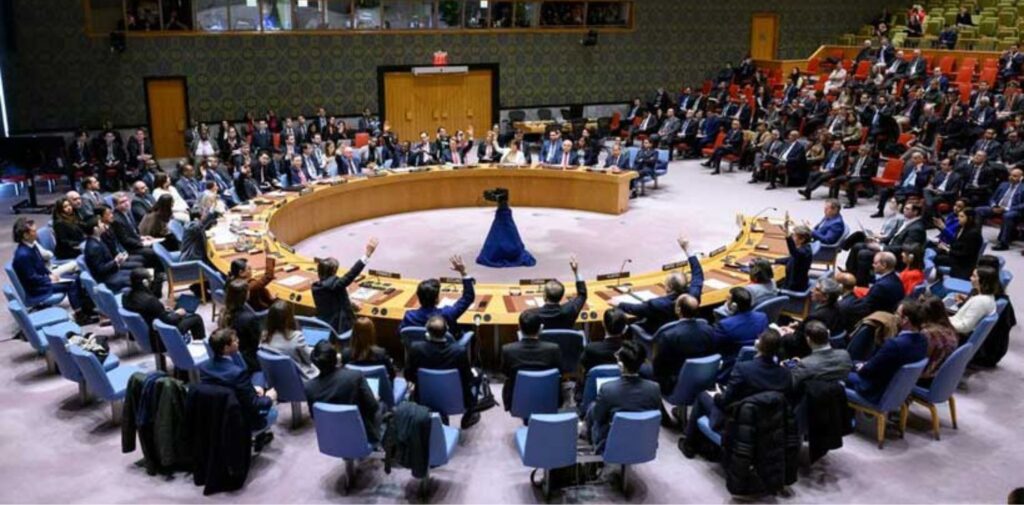
The Importance of the UNSC Today
In an increasingly interconnected world, the role of the UNSC is more critical than ever. Global challenges such as terrorism, climate change, and pandemics require coordinated international responses. The UNSC can play a vital role in facilitating dialogue and action among nations.
- Combating Terrorism: The UNSC has passed numerous resolutions aimed at combating terrorism, emphasizing the need for collective action and cooperation among nations.
- Climate Change and Security: The council is beginning to address the security implications of climate change, recognizing that environmental issues can lead to conflict and displacement.
- Supporting Human Rights: The UNSC has increasingly recognized the link between human rights and peace. Violations can lead to unrest, and the council aims to address these issues through its resolutions.
Conclusion: United Nations Security Council
The United Nations Security Council is a cornerstone of international diplomacy, tasked with maintaining peace and security in a complex world. While it faces challenges, its ability to address conflicts, authorize peacekeeping missions, and impose sanctions makes it an essential player in global governance.
Understanding the UNSC is vital for anyone interested in international relations and global issues. As the world evolves, the UNSC must adapt to meet new challenges and continue to strive for a peaceful and secure future for all nations. The importance of dialogue, cooperation, and reform cannot be overstated as we work toward a more just and stable world.

